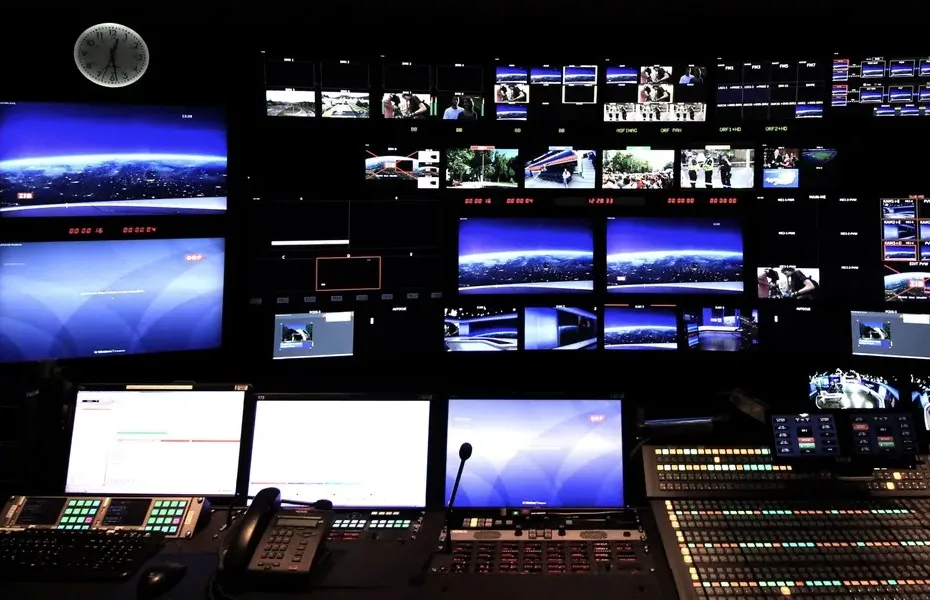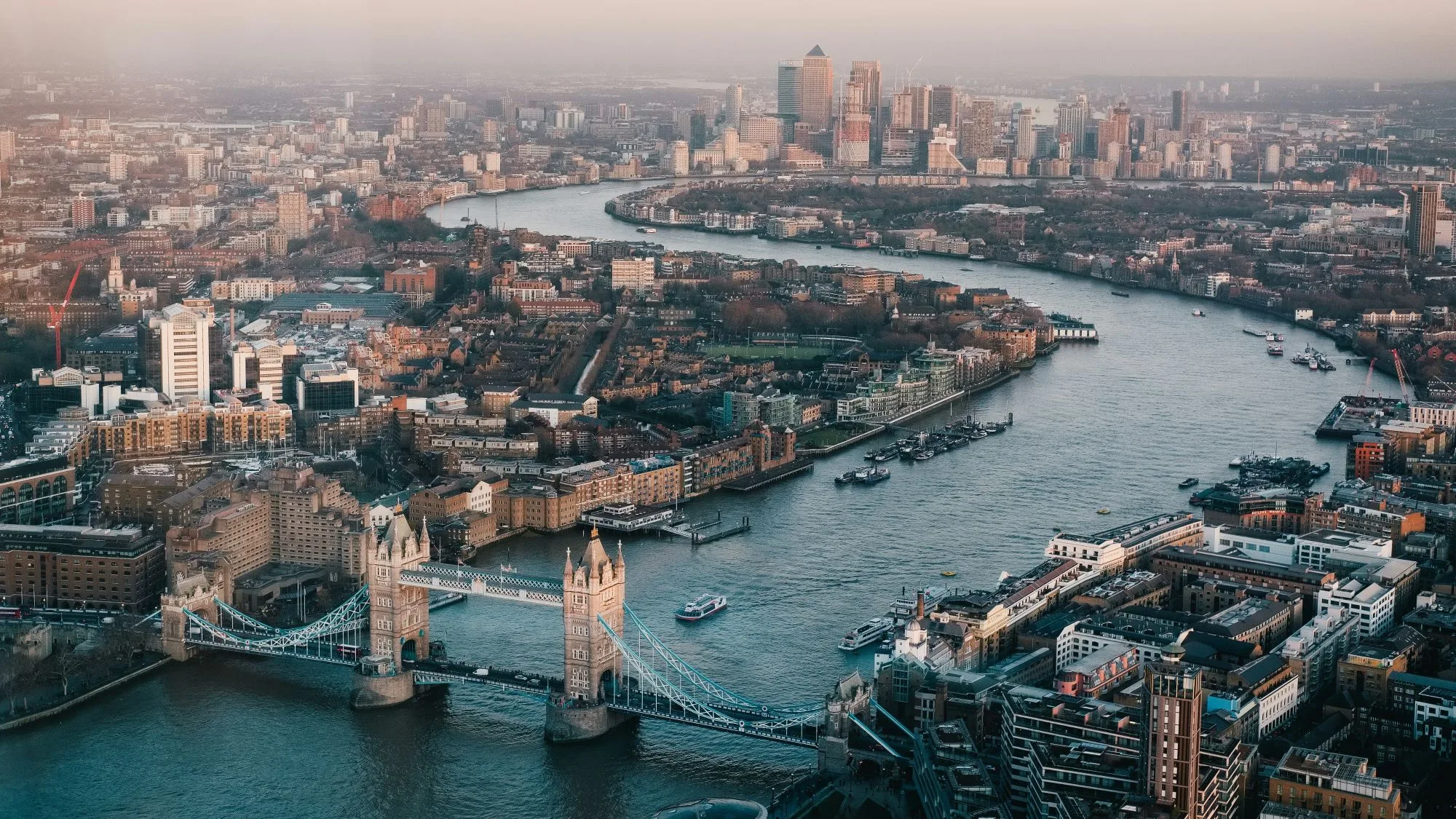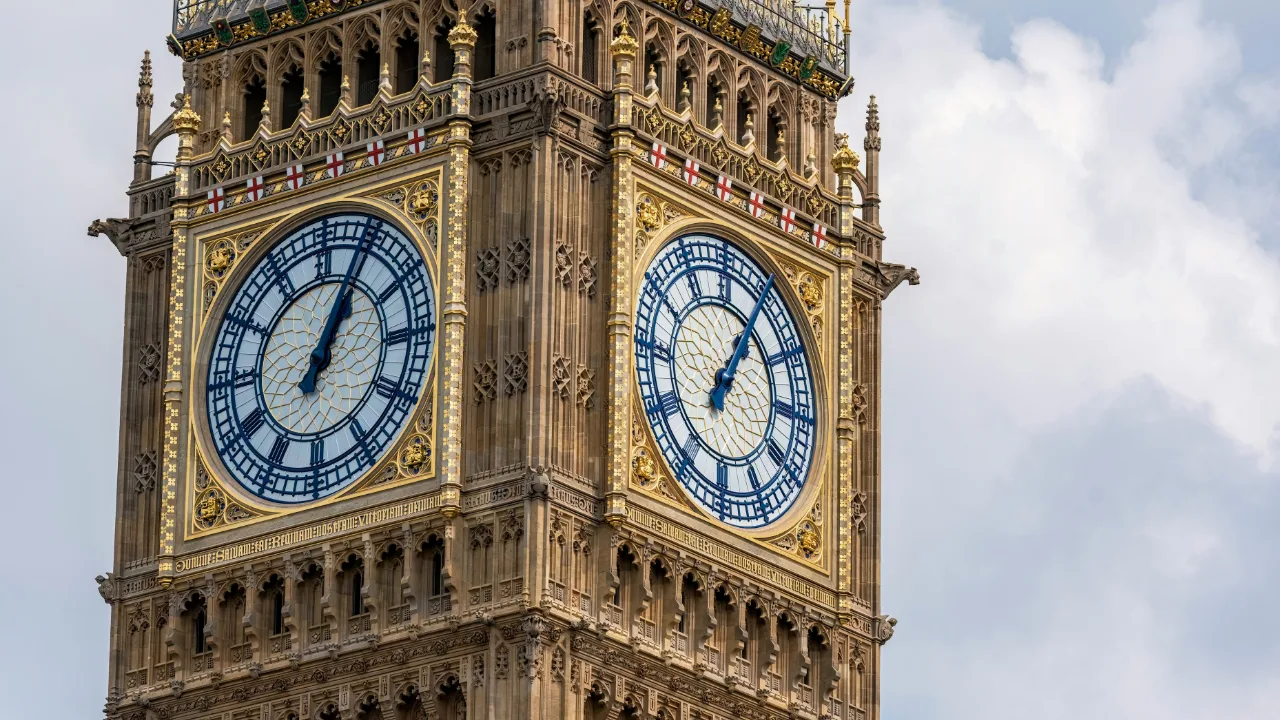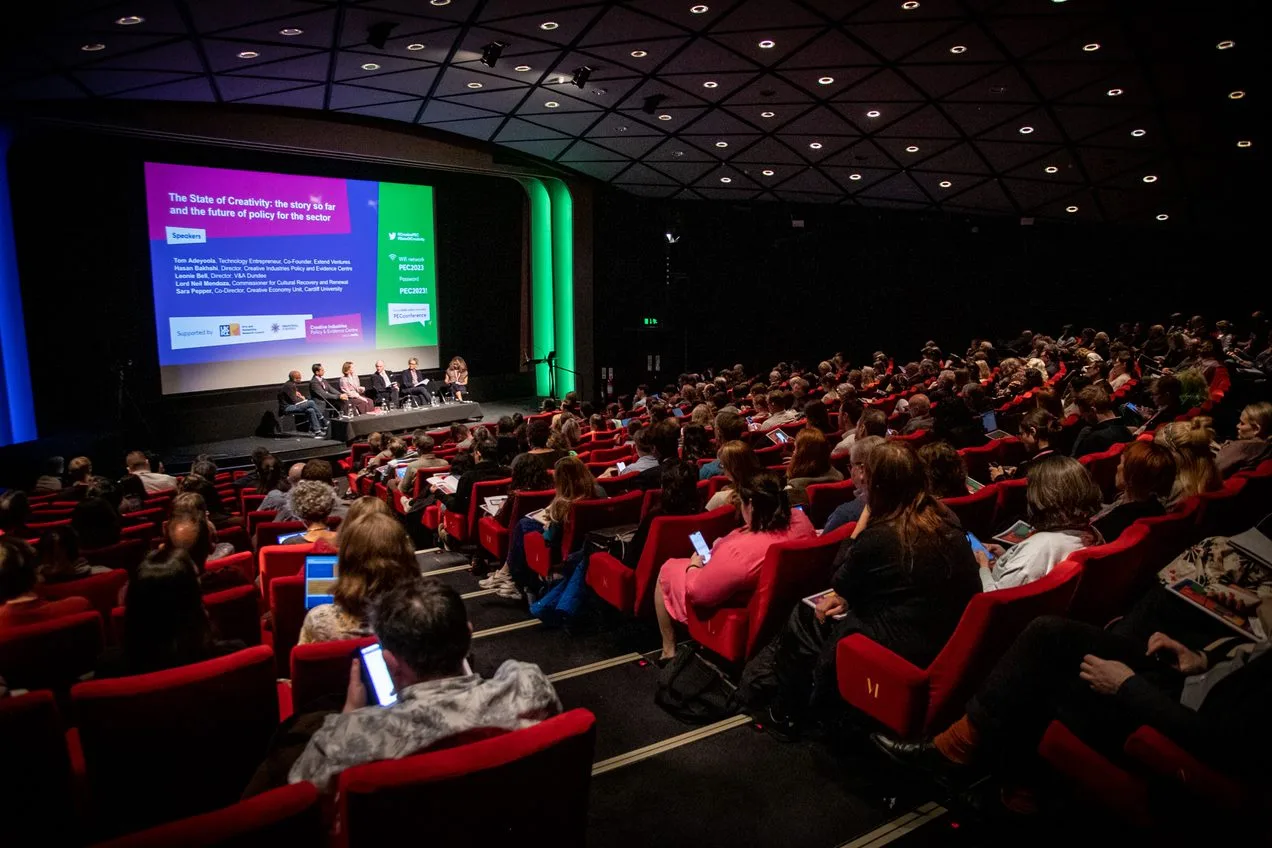In March the government published the first draft of its long-awaited Media Bill. The Bill proposes wide-ranging reforms to the Communications Act 2003, which has stood for 20 years as the foundations of UK broadcasting policy. The media landscape has evolved significantly in that time, and many of the Bill’s reforms are targeted directly at adapting legislation to the transformative changes in technologies, audience habits and market conditions now facing broadcasters.
As we argued in our previous blog post on last year’s DCMS White Paper, which set out the government’s reform agenda, some of the proposals for the sector are important and timely. For others, however, we have raised serious concerns about their potential impact on the future value and sustainability of the UK’s unique ecology of public service broadcasting.
Currently, the House of Commons Culture, Media and Sport Committee is collecting evidence and meeting with industry stakeholders to inform its pre-legislative scrutiny of the draft Media Bill. In this blog post we summarise the key points from our own evidence submission about the Bill’s implications for public service broadcasting, and examine some of the themes emerging from the Committee’s work.
The revised public service remit for television
Clause 1 of the draft Media Bill proposes substantial revisions to the existing ‘public service remit’ for television. This remit has served as the founding principles for public service broadcasting, requiring the communications regulator Ofcom to review how effectively the five PSBs – BBC, Channel 4, ITV, Channel 5 and S4C – are fulfilling a set of 14 public service objectives. These include the provision of programming in news, arts, education, and religion, as well as broader purposes such as PSBs’ contributions to enhancing civic understanding and reflecting the lives and interests of all communities.
Following from the pledge in last year’s White Paper to adapt legislation to “the latest trends and developments in the sector”, the Media Bill replaces the original 14 objectives with four generalised PSB requirements: the provision of news and current affairs programming; content that reflects the lives and traditions of people across the UK’s nations and regions; original productions for children and young people; and content made by a range of independent producers.
The importance of sustained investment and regulatory focus in these areas aligns closely with our own typology of the six forms of public value created by PSBs. However, these four requirements do not capture the full range of genres, objectives and benefits that the British public expects from public service broadcasting. Audience research has shown that the public recognises and values the unique role of PSBs in offering ‘something for everyone’ across the full range of the public’s needs and interests. By removing Ofcom’s responsibility to monitor the delivery of content in education, science, arts, culture and other socially and culturally significant genres, the Media Bill risks enabling PSBs to reduce their investment and production of vital public service programming while still ostensibly fulfilling the aims of the remit.
Speaking to the Commons Committee, figures from ITV, Channel 4 and Channel 5 suggested that the revised, shorter remit for PSB better reflects how the different public and commercial broadcasters collectively deliver public value. Ofcom will continue to set individual licences, which could still entail requirements for the particular kinds of programming that give each of these broadcasters their distinct role in the UK’s mixed ecology. This ‘competition for quality’ has been a uniquely successful feature of UK PSB policy. However we are concerned that those key programming genres removed from the remit could suffer intensified market failures, unless granted stronger protections in regulation.
Accessibility and universality in the digital age
Seeking to reflect the technological transformations in modern broadcasting, the draft Media Bill also proposes allowing PSBs to meet their regulatory obligations through online means (such as streaming platforms and on-demand catalogues), alongside the traditional ‘linear’ formats like terrestrial television. Provisions in the Bill revise specific language in the 2003 Act, such as replacing references to “television services” with “audiovisual content”, affording PSBs greater flexibility in how they can deliver their public service content to audiences in the new media environment.
However, we are concerned that the looser expectation that PSB content is “made available” (rather than the requirement for “the provision of”, as currently written) does not sufficiently ensure PSBs’ content will remain discoverable and accessible to all audiences. There is a risk that, while allowing PSBs to provide more of their public service content via on-demand platforms and online-only channels, this content will not reach substantial parts of British audiences who primarily or exclusively use linear formats.
Live TV and radio remain the most popular means for audiences to access audiovisual content, particularly amongst older audiences. As the recent Lords Communications Committee report notes, the uptake and availability of high-speed internet diverges across the country. Older people and those from lower socioeconomic backgrounds still face significant affordability barriers, while broadband infrastructure development in Scotland, Wales and the north-east of England lags behind London and the south-east.
As the Voice of the Listener and Viewer have also argued in their Committee submission, the draft Media Bill needs to guarantee the overarching PSB principle of ‘universality’. This should include more specific requirements for assessing how and to what extent PSB content is available to all audiences across all relevant formats, including traditional popular linear broadcasting.
PSB prominence
The prominence framework is an essential feature of PSB policy. It ensures that viewers have free and convenient access to public service content through linear broadcasting services, while giving a vital competitive edge to UK PSBs (particularly the commercial broadcasters) by affording them greater audience visibility on channel listings and programming guides. How audiences find and access audiovisual content has changed significantly with new media technologies, and PSBs have lobbied persistently for legislative reform to protect their prominence in an increasingly digital and online broadcasting landscape.
Clause 23 of the draft Media Bill thus updates the ‘prominence framework’ to include new devices and formats such as Smart TVs, pay-TV platforms and other designated services. We believe that the proposals generally present a solid framework for ensuring that these new formats are required to prominently display PSB content and make it easily available to audiences, as is currently the case for linear television.
However, the effectiveness of the new regime will hinge on the key details that govern the relationship between UK PSBs and the new cohort of designated ‘television selection services’ who will be responsible for carrying and displaying PSB content. The BBC, amongst many others, has argued that the requirement for ‘appropriate prominence’ as currently proposed is “subjective and ambiguous”, and calls instead of the Media Bill to require these services give ‘significant prominence’ to PSBs. Given that the new framework will also involve some of the largest media and technology organisations on the planet, it is essential that any prominence agreements with the new ‘selection services’ deliver fair value to audiences and promote the delivery of the overarching aims of public service broadcasting.
Channel 4 and the independent production sector
Earlier this year the government formally cancelled its plans to privatise Channel 4 Corporation. The absence in the Media Bill of any further provisions to sell the broadcaster marks a much-merited vote of confidence in Channel 4’s unique public value for British audiences and the creative industries. However, as we noted in a previous blog post, the government’s plans to relax Channel 4’s ‘publisher-broadcaster’ status – as Clause 25 of the draft Media Bill proposes – would risk damaging the diversity and sustainability of the UK’s world-leading independent production sector.
Echoing extensive evidence collated by Channel 4, Pact and other analyses, we are concerned that allowing Channel 4 to establish its own production studio – and thus seek to secure more commercial revenue through monetising its own content – would necessarily reduce commissioning revenues for smaller ‘indy’ producers. Many indies would be denied the commercial and creative opportunities that Channel 4 has enabled for many other successful enterprises throughout its history.
The government has previously indicated that it would consider increasing Channel 4’s independent production quota above the existing 25% to offset any impact on independent commissioning by relaxing the publisher-broadcaster model. Notably these proposals are not included in the Media Bill, and such measures to protect the sector can and should go further. These could include additional quotas for commissioning from SME producers, companies that comprise more than half of all UK production companies yet in 2021 attracted just 15% of Channel 4 commissioning spend.
A wider conversation on the purposes and values of PSB
The draft Media Bill will have a defining impact on how UK TV, radio and online broadcasting services will operate for many years to come. Thorough public scrutiny of what the Bill entails is therefore essential to ensure its proposed reforms serve the needs and interests of British audiences, as well as the country’s world-leading creative industries.
The reforms to the prominence framework and online delivery offer important changes for ensuring the future universality and sustainability of PSB. However, the wider changes to the PSB remit and Channel 4’s role in the creative industries require a much deeper public debate about the overarching aims of PSB policy in an evolving global media marketplace.
We hope that the parliamentary scrutiny of the Media Bill will expand the public conversation about the purposes and values of PSB in a climate of considerable uncertainty. Determining how to ensure this country’s PSBs receive the necessary scale of investment and regulatory support demands fresh, evidence-led enquiry as a matter of urgency.
______________________________
Photo by Frederic Köberl on Unsplash
Related Blogs
From Wales to the World: Why International Cultural Policy Needs a Future Generations Lens
This guest blog is from Professor Sara Louise Pepper, a member of our Global Creative Economy Counci…
10 facts about Creative Industries growth potential
Discover ten key findings from the report 'High-Growth Potential Firms in the UK's Creative Industri…
Why London is investing in Creative Enterprise Zones
London Mayor Sir Sadiq Khan announces £2.2 million in new funding for Creative Enterprise Zones.
Research resources on Creative Clusters
We’ve collated recent Creative PEC reports to help with the preparation of your Creative Cluster bid…
What UK Job Postings Reveal About the Changing Demand for Creativity Skills in the Age of Generative AI
The emergence of AI promises faster economic growth, but also raises concerns about labour market di…
Creative PEC’s digest of the 2025 Autumn Budget
Creative PEC's Policy Unit digests the Government’s 2025 Budget and its impact on the UK’s creative …
Why do freelancers fall through the gaps?
Why are freelancers in the Performing Arts consistently overlooked, unseen, and unheard?
Insights from the Labour Party Conference 2025
Creative PEC Policy Adviser Emily Hopkins attended the Labour Party Conference in September 2025.
Association of South-East Asian Nations’ long-term view of the creative economy
John Newbigin examines the ASEAN approach to sustainability and the creative economy.
Culture, community resilience and climate change: becoming custodians of our planet
Reflecting on the relationship between climate change, cultural expressions and island states.
Cultural Industries at the Crossroads of Tourism and Development in the Maldives
Eduardo Saravia explores the significant opportunities – and risks – of relying on tourism.













